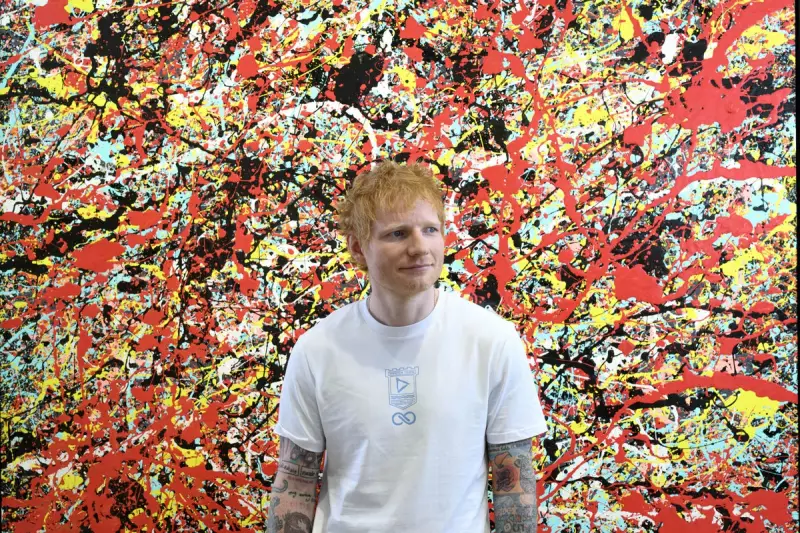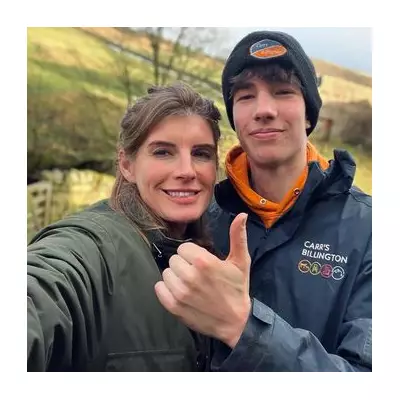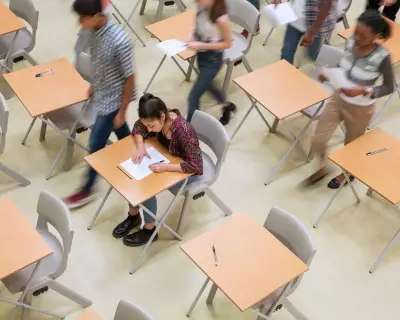
The government has firmly rejected calls from music superstar Ed Sheeran and education leaders to include creative subjects in the English Baccalaureate (EBacc), dealing a significant blow to campaigners fighting for arts education.
In a decisive response to a petition backed by the celebrated singer-songwriter, Schools Minister Damian Hinds declared that ministers would not be "appropriate" to add arts subjects to the core performance measure, despite mounting evidence of the damage being caused to creative education in schools across England.
Celebrity Backing Fails to Sway Ministers
Ed Sheeran had thrown his considerable influence behind the campaign, arguing that music and other creative subjects were being systematically marginalised by the current EBacc structure. The Framlingham-born artist, whose career stands as a testament to the value of arts education, had personally endorsed the push for reform.
However, the government's response made clear that the EBacc would remain focused on what ministers describe as "academic pillars" - including English, maths, sciences, languages, and humanities. This position has been maintained despite the petition gathering substantial public support.
Labour's Criticism and the Impact on Schools
Shadow Education Secretary Bridget Phillipson launched a scathing attack on the government's stance, accusing ministers of demonstrating "staggering arrogance" in dismissing both expert opinion and public concern.
"The Conservatives' refusal to listen to the overwhelming case for creative subjects in the EBacc shows how out of touch they are with the needs of young people and our economy," Phillipson stated.
Education experts have repeatedly warned that the current EBacc structure has led to a dramatic decline in arts provision within secondary schools. Many institutions have been forced to cut music, drama, and art courses as they prioritise EBacc subjects to meet government performance targets.
The Growing Crisis in Arts Education
Recent data reveals concerning trends in creative subject uptake:
- Dramatic reductions in GCSE arts entries since the EBacc's introduction
- Music A-level entries falling to their lowest levels in decades
- Growing inequality in access to arts education between state and private schools
- Numerous reports of schools cutting arts staff and facilities
The government maintains that schools should offer a "broad and balanced curriculum" that includes arts subjects alongside EBacc pillars. However, critics argue that the pressure to perform well in EBacc metrics means many schools effectively have no choice but to deprioritise creative subjects.
This ongoing debate highlights the tension between the government's vision of a traditional academic education and concerns about preserving Britain's world-renowned creative industries pipeline.





